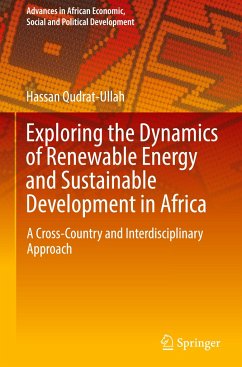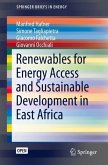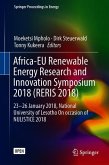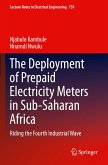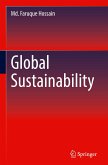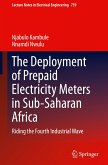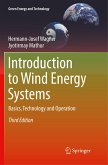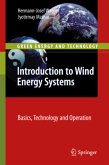This book explores the potential of renewable energy sources to promote sustainable development in Africa, with a specific focus on Cameroon, Nigeria, Uganda, South Africa, and Algeria. It delves into the challenges and opportunities presented by various renewable and clean energy technologies, including nuclear power, liquefied petroleum gas, bamboo biomass gasification, and geothermal energy, in addressing the energy needs of African nations. Additionally, the book assesses the socioeconomic and environmental impacts of renewable energy projects and evaluates their alignment with the African Union's Agenda 2063 and the Sustainable Development Goals.
Using a combination of theoretical and empirical methods, such as scenario-based modeling, techno-economic feasibility analysis, stakeholder theory, and panel data analysis, the book provides a comprehensive assessment of the renewable energy sector in Africa. Its interdisciplinary and cross-country approach, as well as its incorporation of innovative concepts like social innovation and bamboo-based development, makes it a unique resource.
This book is valuable for undergraduate and graduate students, researchers, policymakers, practitioners, university research libraries, research centers, and anyone interested in understanding how renewable energy can contribute to a more resilient and prosperous Africa.
Using a combination of theoretical and empirical methods, such as scenario-based modeling, techno-economic feasibility analysis, stakeholder theory, and panel data analysis, the book provides a comprehensive assessment of the renewable energy sector in Africa. Its interdisciplinary and cross-country approach, as well as its incorporation of innovative concepts like social innovation and bamboo-based development, makes it a unique resource.
This book is valuable for undergraduate and graduate students, researchers, policymakers, practitioners, university research libraries, research centers, and anyone interested in understanding how renewable energy can contribute to a more resilient and prosperous Africa.

